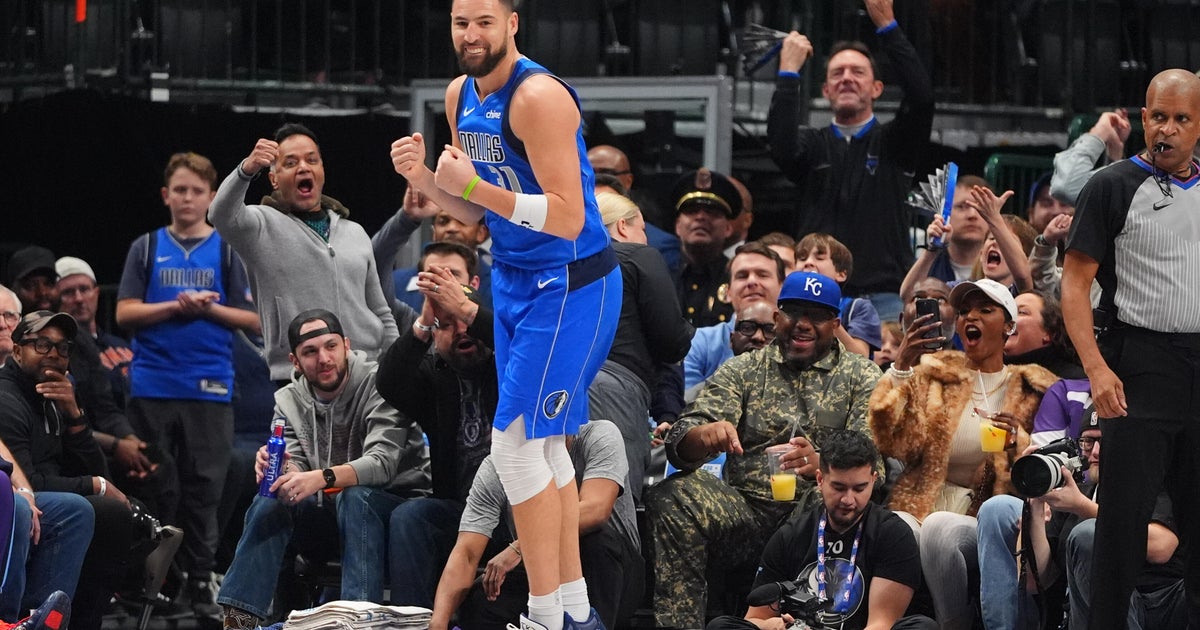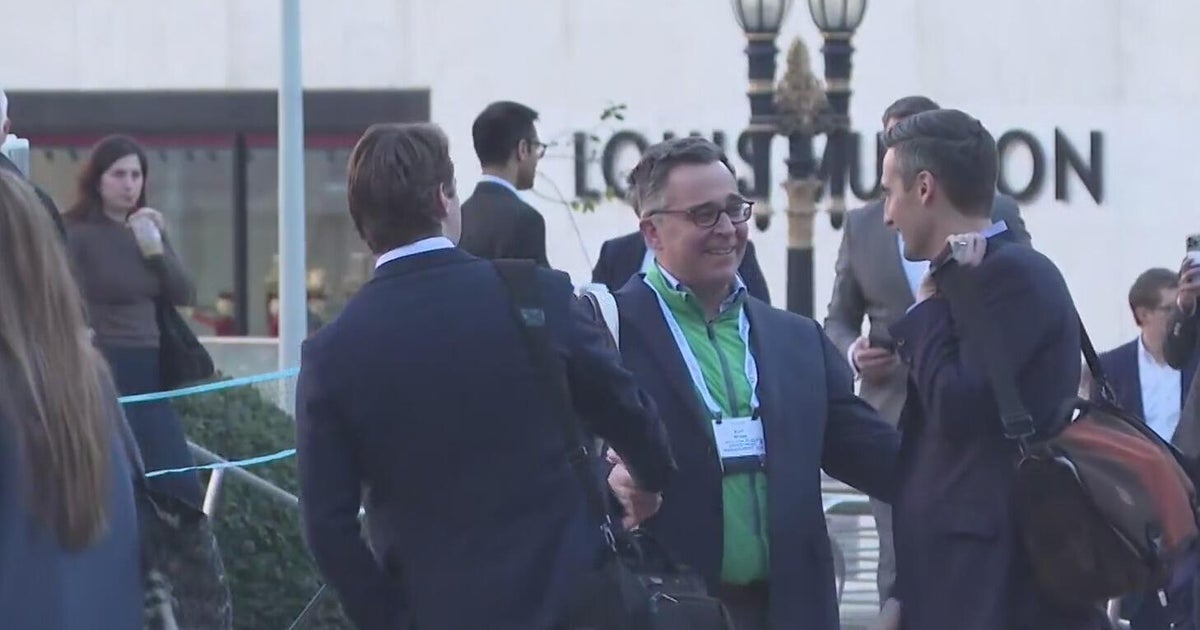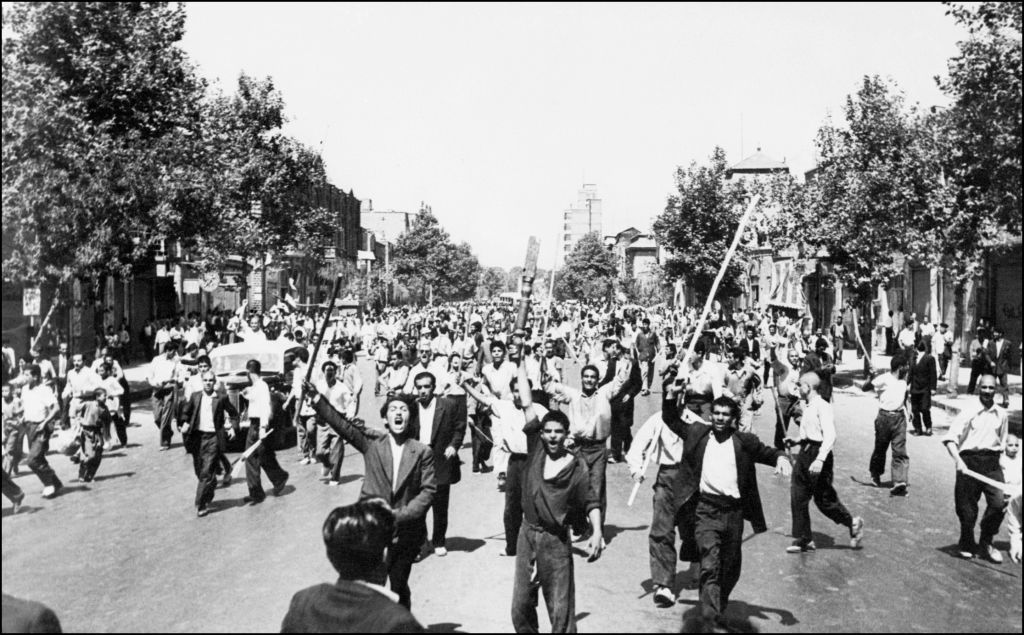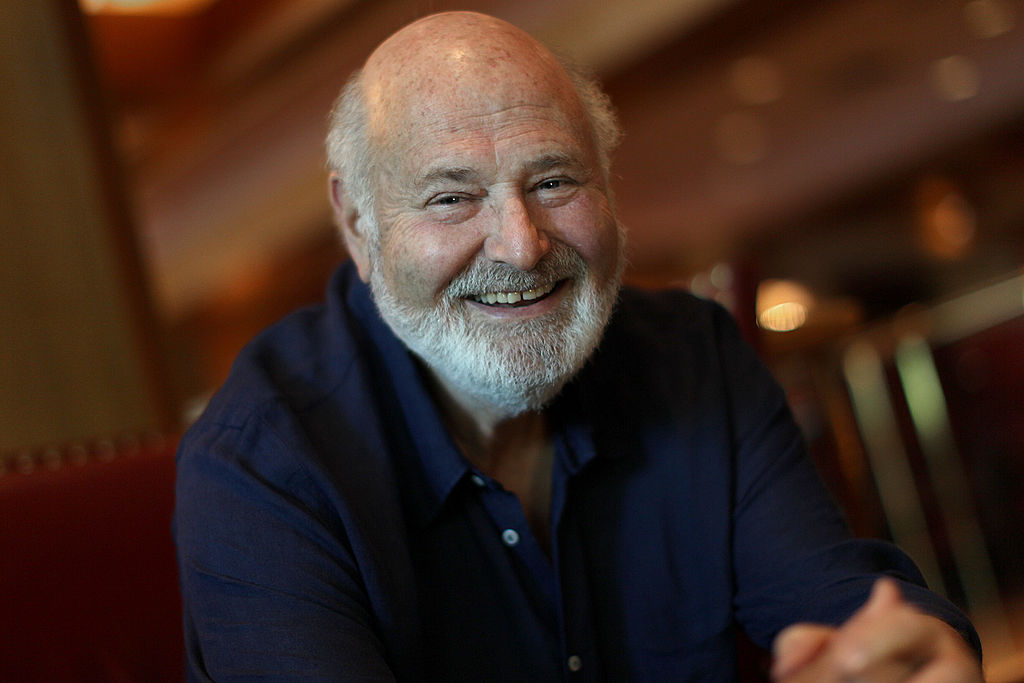The unlikely inventors of 60 Minutes past
This week on 60 Minutes, correspondent Lesley Stahl reports on an unexpected inventor credited with a remarkable breakthrough. Marshall Medoff, an 81-year-old amateur scientist from Massachusetts, has figured out how to extract plant sugars and convert them into eco-friendly biofuels.
60 Minutes has a history of reporting on surprising innovators, people whose creations are celebrated, even if their names are not. Correspondent Morley Safer told two of their stories.
The father of the cellphone
Long before Steve Jobs took to a San Francisco stage to announce the first iPhone, Marty Cooper stood on a New York City street and made the first cell phone call. It was 1973.
At the time, Cooper was a pioneer at Motorola. AT&T considered car phones to be the technology of the future, but Cooper and his engineers felt otherwise.
"We really had a basic understanding that people are mobile, and it's personal telephones they wanted," Cooper told Safer in the 2010 report, excerpted at the top of the page. "It's handheld portables. So there was a real conflict between this elephant, which was AT&T, and this fly that was Motorola. But we ended up winning."
At the time of the interview, Cooper was 81 years old and still making predictions for the future. He told Safer that man and machine will eventually become one: "The optimum telephone is one that, I think, some day is going to be embedded behind you ear."
Cooper turned 90 in December.
Idaho's Bird Man, who created the respirator
Forrest Bird stayed true to his name. Like his father, a World War I pilot, Bird wanted to be able to fly. He spent World War II delivering aircraft from the factory to the front, and got to thinking about the similarities between air flowing over the wings of a plane and air moving through the human lung.
"In that lung is rudimentary air foils, like a million airplane wings all down through the lungs, in and out, all the way through, to facilitate your normal, spontaneous breathing," Bird told Safer in the interview above. "So it was just applying all this, taking it from aviation."
What Idaho's Bird Man applied from flight became the modern medical respirator, a small, affordable device that could automatically help people breathe. His infant respirator, the Baby Bird, massively reduced the death rate for preemies.
When Bird spoke with 60 Minutes in 2007, the 86-year-old pilot was still flying his aircraft. He died in 2015.





